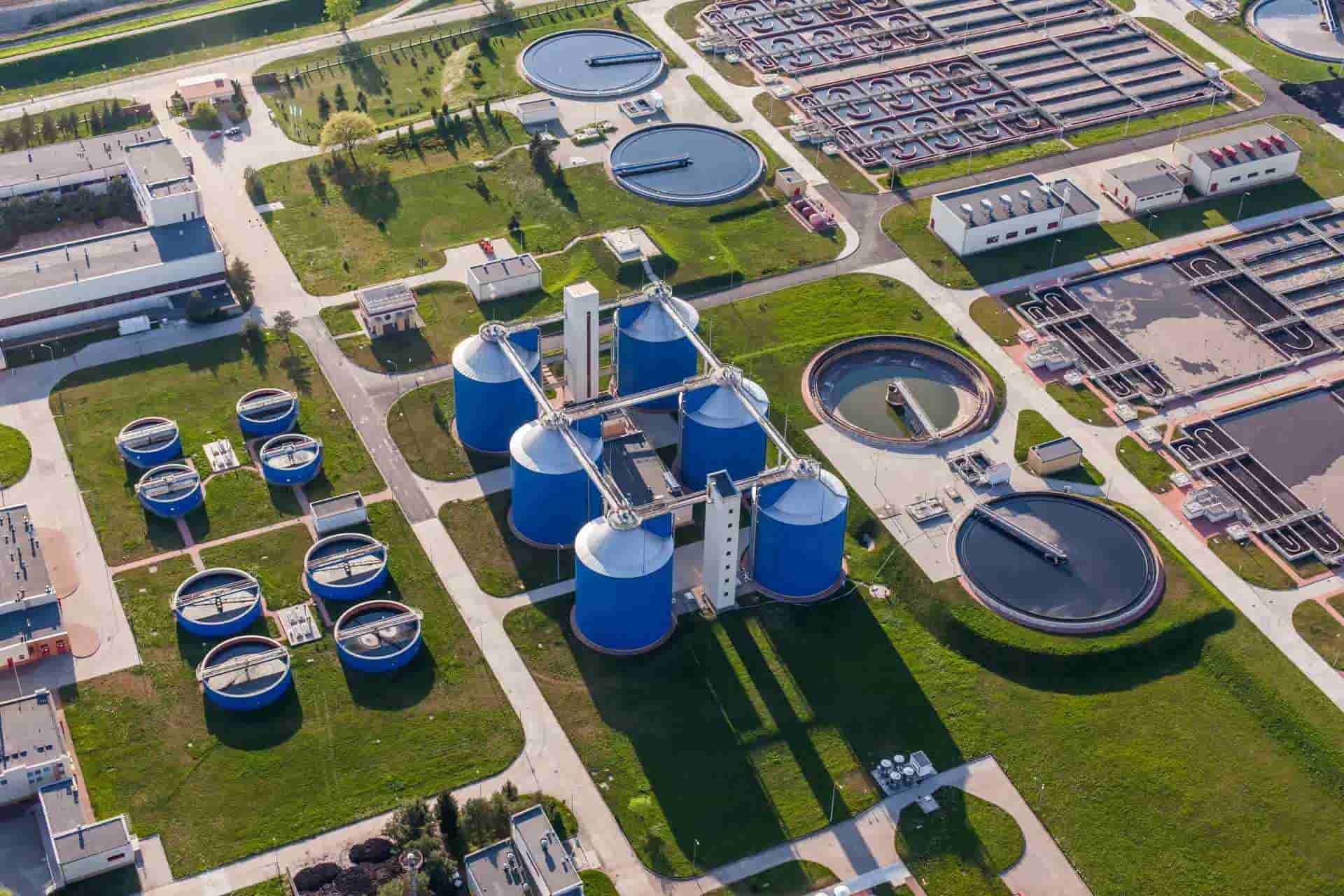Standby gas engines are power generation systems that utilize gas as a fuel source instead of diesel. They are designed to provide reliable backup power in case of electrical grid failures or as a primary source of continuous power in various industries and applications.
Benefits of Standby Gas Engines
Reliability
Standby gas engines offer a dependable power solution, ensuring that critical systems and operations continue to function during power outages. Their robust design and proven technology provide a high level of reliability.
Fuel Flexibility
Standby gas engines can be fueled with a variety of gases, including renewable gases, pipeline gas, compressed natural gas (CNG), and liquified natural gas (LNG). This flexibility allows users to choose the most suitable and cost-effective fuel source based on availability and environmental considerations.
Environmental Advantages
One of the significant benefits of standby gas engines is their reduced environmental impact. Compared to diesel-based gensets, they emit lower levels of nitrogen oxides (NOx) and carbon emissions. By using renewable gases as a fuel source, such as biogas or biomethane, standby gas engines can further reduce greenhouse gas emissions and contribute to a cleaner and more sustainable energy future.
Applications of Standby Gas Engines
Standby gas engines find applications across various industries and sectors, including:
Commercial buildings
Providing backup power to ensure uninterrupted operations in hospitals, data centers, hotels, and shopping centers.
Industrial facilities
Supplying continuous power for manufacturing processes, critical equipment, and emergency systems.
Utilities
Supporting power generation during peak demand or grid instability.
Remote locations
Serving as a reliable power source in off-grid areas or regions with limited access to the electrical grid.
Renewable energy integration
Assisting in balancing the intermittency of renewable energy sources by providing backup power when renewable generation is insufficient.
Maintenance and Efficiency
Standby gas engines require regular maintenance to ensure optimal performance and longevity. It’s important to follow the manufacturer’s guidelines for routine inspections, oil changes, filter replacements, and other maintenance tasks. When properly maintained, standby gas engines offer excellent efficiency, cost-effectiveness, and longevity.
Load modulation
Load ramping and load steps are essential aspects of power generation systems, enabling smooth and controlled adjustments to the power output. In the case of the pre-heated Jenbacher J620 fast-start natural gas solution, these processes are made highly efficient and reliable.
With the J620 fast-start technology, load ramping or load steps can be initiated immediately after reaching the nominal speed. During engine startup, the system allows for load adjustments at regular intervals of 25%. This ensures a gradual and controlled increase in power output, adhering to specific limits for voltage, frequency, and settling times. These limits help maintain stable operating conditions and prevent any disruptions to the power supply.
What sets the J620 fast-start solution apart is its remarkable ability to support load changes of up to 100% without any risk of tripping. Unlike some traditional systems, the J620 does not impose corresponding limits on voltage, frequency, or settling time during these load changes. This means that the power output can be adjusted smoothly and rapidly to meet fluctuating demands without compromising the stability and performance of the system.









